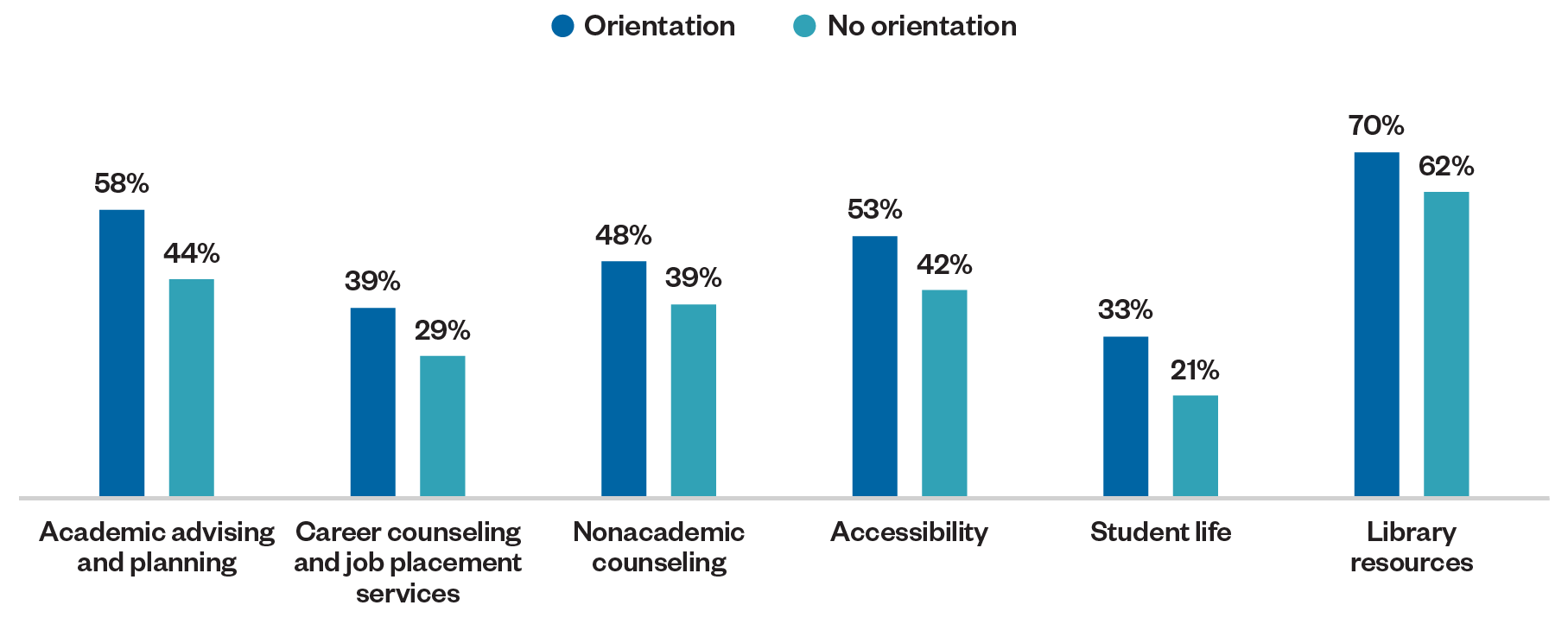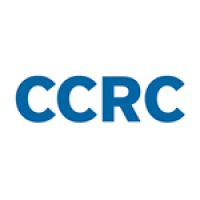By Florence Ran and Susan Bickerstaff
This post is the fourth in a series that brings you inside the classroom to understand more about high-quality instruction in community colleges.
Faculty play a critical role in promoting students’ success in community colleges, which serve the most academically vulnerable students in higher education. Today, part-time faculty teach more than half of community colleges courses, and they teach an even higher proportion of remedial and gateway courses. Because these math and English courses play a critical role in students’ academic momentum, it is important to understand how part-time faculty influence students’ success in those courses.
Research from CCRC shows that part-time faculty at community colleges work under challenging conditions. Therefore, it is perhaps not surprising that a new CCRC working paper shows that students who took their remedial and gateway courses with part-time faculty were less likely to enroll in the subsequent course of the sequence. This is consistent with findings from existing literature exploring the effects of part-time or non-tenure-line faculty on student outcomes in the public two-year sector.
At the same time, we found that students in developmental and gateway courses taught by part-time faculty earned higher grades in those courses and earned the same grades in the subsequent course if they enrolled. So what explains why the negative longer-term outcome might coexist with positive or neutral short-term outcomes? First, we found that the differences are not explained by any individual faculty characteristics like gender, race, or highest degree attained. Instead, we find that course schedule explains a substantial proportion of the effects. Part-time faculty teach significantly larger proportions of night and weekend class sections, and students in these sections generally have poorer outcomes. Our data show that students who enroll in course sections outside of regular office hours are more likely to come from disadvantaged backgrounds. In addition, when faculty, especially part-timers, teach night or weekend sections, it is much harder for them to find a place to meet with students after class or gain access to other physical resources such as teaching supplies or copy machines. Finally, faculty survey data from Achieving the Dream’s Engaging Adjunct Faculty initiative show that part-time faculty tend to be less knowledgeable about supports available to students on campus, such as academic advising and planning and financial aid, and are less likely to refer their students to these services than their full-time peers.
While our data cannot uncover the precise mechanisms that lead to differences in outcomes, we hypothesize that full-time faculty can provide more personalized and targeted support and encouragement and that helps students remain in college. They can do this because most of them have the time and a physical space to meet with students outside of class, they are well versed in course registration procedures and deadlines, they have personal contacts in advising and academic support offices, and they teach across course sequences and can prime students for the upcoming semester, according to our previous research on adjuncts.
Six colleges that participated in the Engaging Adjunct Faculty initiative tried to bridge the gap between full- and part-time faculty by implementing programs and policy changes to address faculty inequity, improve working conditions for part-time faculty, and help them become more knowledgeable about resources to promote the success of their students. CCRC will publish a report on findings from the project later this fall.
Higher education’s overreliance on part-time faculty creates complex challenges, and solutions will not be cheap or easy. However, survey data from the Engaging Adjunct Faculty project suggest that a faculty orientation for new hires is one relatively simple strategy that may have positive impacts on student success. Across the six participating colleges, more than one-third of part-time faculty who responded to our survey stated that they did not attend an orientation, mostly because they were not aware of one. (Very few reported skipping an orientation when it was available.) We found that part-time faculty who attended an orientation had significantly more knowledge about student services on campus, including library resources, counseling, and academic advising.
Proportion of Part-Time Faculty Reported Somewhat to Very Knowledgeable About Student Services

Given the significant proportion of incoming students taught by part-time faculty in developmental and introductory college-level courses, student success initiatives must build in supports for part-time faculty. When part-time faculty are knowledgeable about campus resources, they may be more likely to facilitate students’ continued enrollment in college.





